At this time of the year, many newly-qualified accounting professionals enter the market, often a mix of those that are ready for their next career move, some who are unsure about what path to take and others considering to stay within practice. To stand out from the crowd of similar academia backgrounds, similar audit clients and working within a top 10 firm, it is vital to have a professional CV that is memorable and makes a powerful first impression. In this article, Consultant Christine Jones shares CV writing advice for newly qualified accountants looking to take the next step in their careers.
CUSTOMISING YOUR CV FOR THE ROLE YOU WANT
A CV for an internal audit role will look very different to a CV for a financial reporting role. The CV for a reporting role should focus more on different accounting standards and audits under different reporting frameworks while an internal audit CV may focus more on audit planning, managing a team, stakeholder management and so on. It is important to customise your CV towards the type of role you want, whether that is audit, financial reporting or something a little more commercial like a financial analyst. This can be used as your general CV when liaising with recruitment consultants to find suitable opportunities, however, you should always tailor your CV directly to a job specification when applying for a role. Consider the keywords that are included in the job specification and incorporate them into your CV where appropriate.
INCLUDING RELEVANT SECTOR EXPERIENCE IN YOUR CV
In today’s competitive market, most opportunities targeted at newly qualified accountants within financial services require previous sector relevant experience. For example, an employer may be more reluctant to hire a newly qualified accountant with pharmaceutical or technology audit experience for a role in banking or insurance. It is therefore important to clearly highlight the sectors you have experience in, as well as your specific job titles. Once you have listed your experience, promote your success by demonstrating where you have made an impact and achieved results in courses, tasks and projects, along with any established key client relationships.
HIGHLIGHTING THE SKILLS EMPLOYERS WANT TO SEE
While the skills in your CV should always be tailored towards a particular job, employers in the newly qualified accountant market often look for some common competencies.
Excel: include your experience with macros, VBA’s and highlighting any dedicated training you have attended in the area.
ERP Systems: outline your experience with SAP and Oracle.
Technical: highlight your implementation of new technical standards such as IFRS 9, 16 and IFRS 17.
Languages: include any fluency in Spanish, French, German or a language other than English.
Negotiation/Communication: emphasise your experience with vendors, clients and regulators.
Management: experience coaching, mentoring and effectively delegating tasks.
It is important to note that you would be expected to speak articulately in an interview setting about any skill or information included in your CV.
WRITING, STRUCTURING & FORMATTING YOUR CV
While the content of your CV is priority, how you present the information so it is easy to digest is also very important. This can include reflecting the tone and terminology used in the industry, the correct use of grammar and punctuation, creating a structured document with clear headings, and using a standard font and font size. For detailed insights on writing, structuring and formatting a CV, as well as creating a digital cover letter, the role of technology in CV screening and access to ready-to-use templates, download The Jobseeker’s Guide to CV Writing.
USING RECRUITERS TO CIRCULATE YOUR CV
It is often said that “looking for a job is a full-time job in itself’’, and in today’s market, this statement is very true. Trying to juggle busy season audits, CA diary entries and job applications can be quite stressful, so why not allow Coopman Search and Selection to send your anonymised CV to hiring managers and HR specialists within your sector? We have an established network through which we can circulate your CV to key decision makers, generating more interest in your profile and possibly access to new opportunities. Alternatively, you can have a confidential conversation with one of our recruitment consultants about your future career and available roles in the financial services market.
TO WRAP UP
Having a strong CV is so important in a saturated market, to stand out from other applicants, showcase your suitability for a role and secure a position in the interview stage of a recruiting process. Afterall, the purpose of the CV is to establish enough interest in you, that the employer wants to start a conversation and learn more about your experience, skills and establish whether you are a good fit for the role, team and company. Good luck!
The Jobseekers Guide to CV Writing Coopman Search and Selection Web Story








